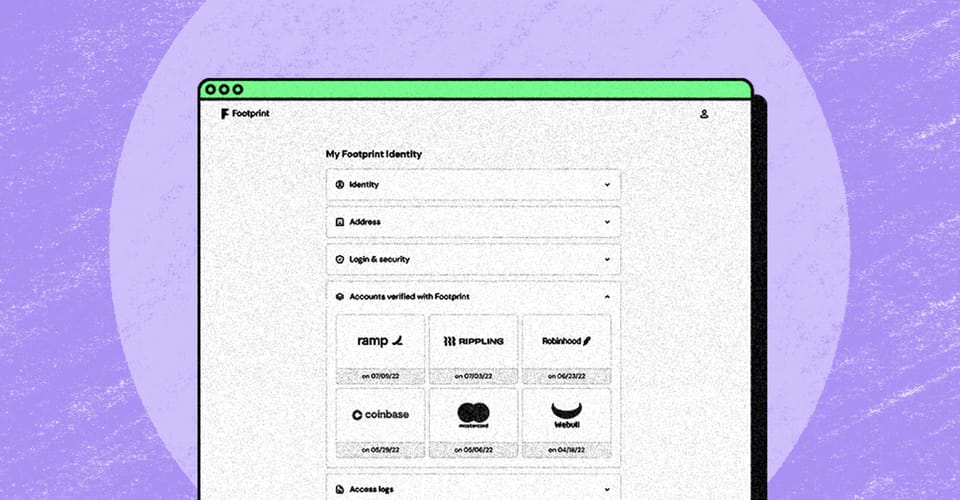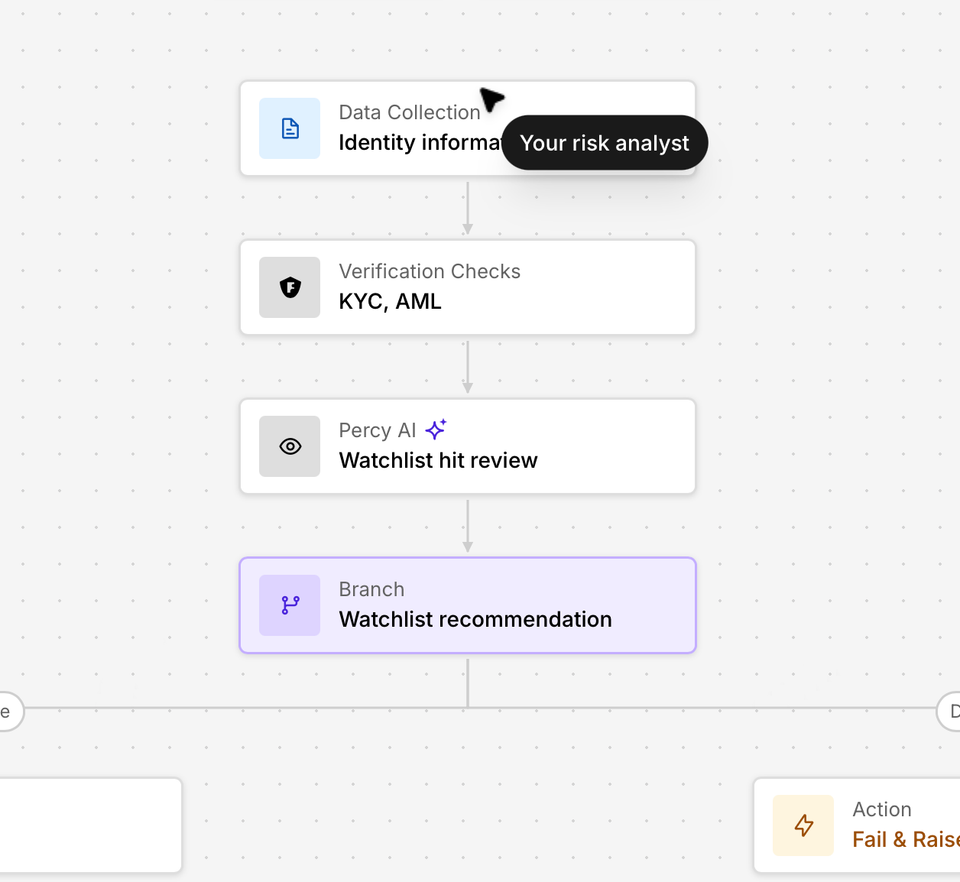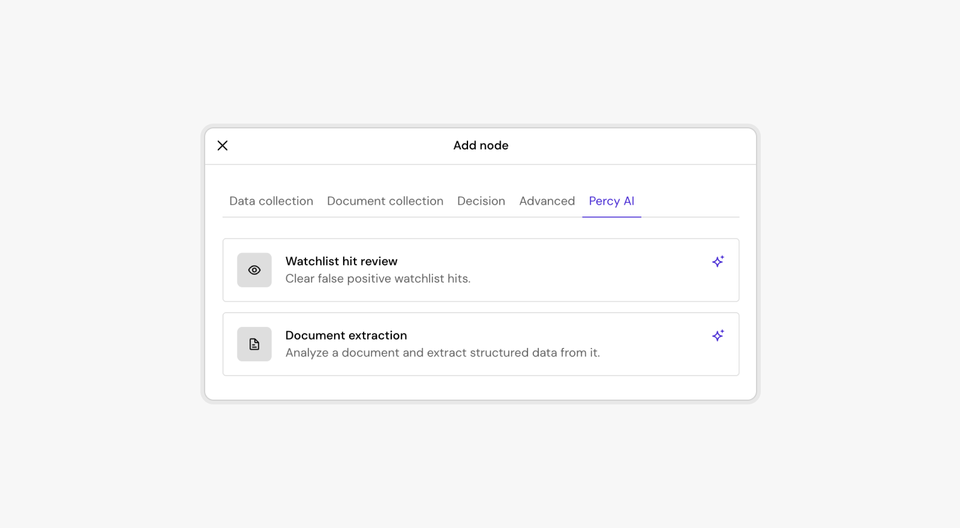The Problem
If you are running a consumer-facing company, your north star metric will likely be geared around conversion of sign-ups. Typically, the way to boost conversion has been by spending more on marketing. Due to both a degradation of advertising efficacy after ATT and a tightening economy and shrinking marketing budgets, this already unsustainable path now seems less promising than ever.
However, we think companies already see more than enough potential users to keep growing. The problem is sign-up processes. People drop off both because of the amount of data they are asked for (friction in the moment), and because they are worried about how their data will be stored after account creation. An Onfido survey found that over 50% of people concerned with how companies will store their data, 52% worry their data will be passed along to third parties, and 37% of people feel they are asked to enter too much data at account creation. This is compared to 27% of people who think sign-up takes too long. So while friction is a huge issue, we actually think concerns around security and privacy are the bigger reason preventing sign-up.
44% of US consumers said they had abandoned at least one account creation in the last year due to one of these reasons, with this number rising to 59.4% for the 18-24 demographic. This latter number makes sense; 48% of millennials have multiple financial accounts, and this number is growing due to having more choices than ever in this regard. An Imperva study found that 45% of consumers will never trust an organization after one cyberattack.
With all of this in mind, it is no surprise that only 13% of people are satisfied with how financial institutions handle their digital identity. Better privacy and security features here as such could become a massive competitive advantage for companies!
Insert Footprint
Footprint makes security and privacy a selling point for companies during onboarding. By using Footprint, companies don’t only offload the cost + risk of storing data by using our secure nitro enclaves, but also are able to give their consumers unparalleled visibility and control over their data. In people’s Footprint Wallets, they can view which accounts have access to which data attributes. Furthermore, every time a company accesses your data, this automatically gets logged to an audit log along with the reason why they viewed certain attributes. In the Footprint wallet, consumers are able to view this at any time, and can report to a company if they think their data was improperly accessed.
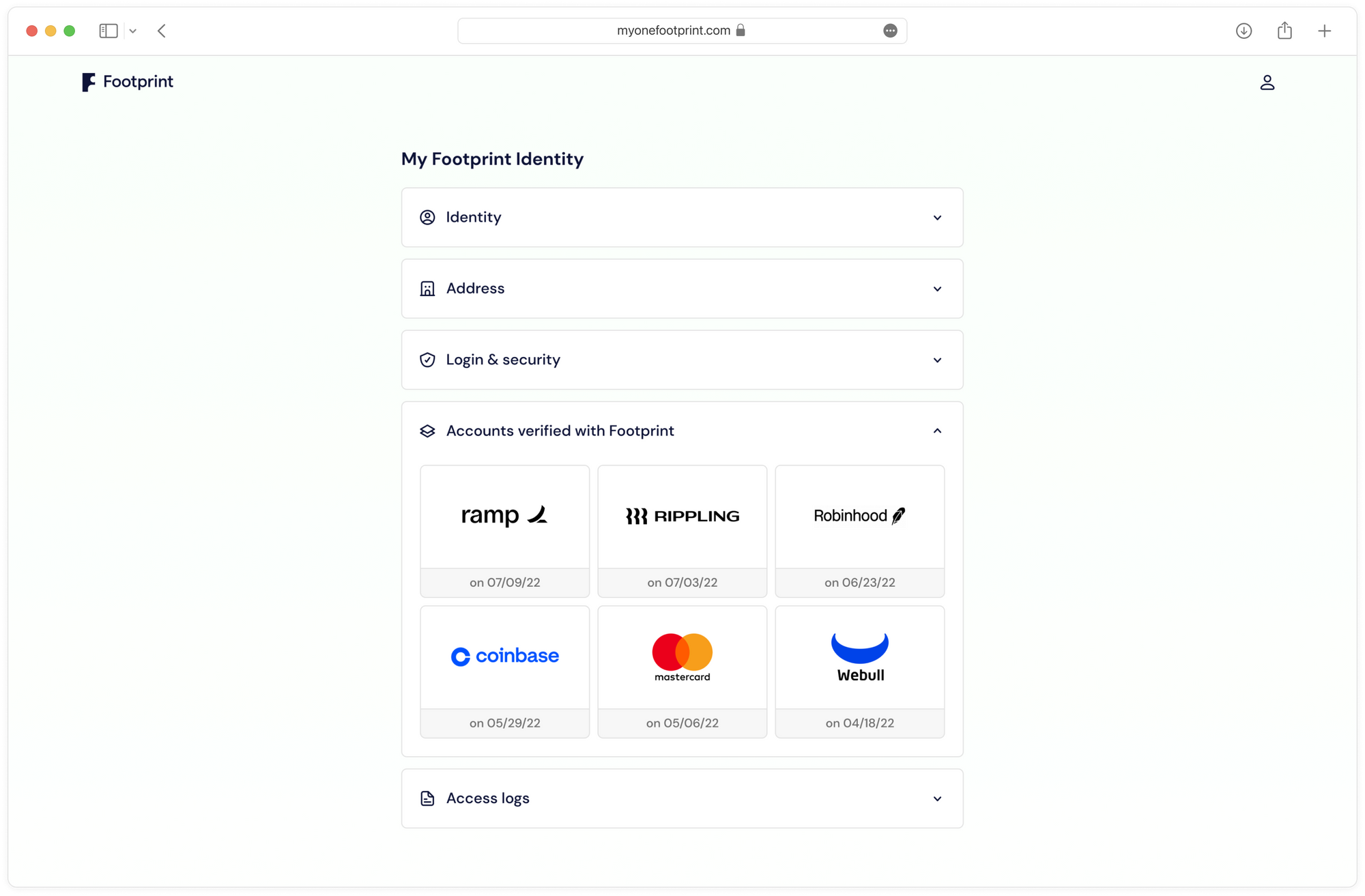
As we will describe in a future blog post, our nitro enclaves are the most secure way to store consumer information. By using Footprint, unencrypted user data will never touch company databases. We believe Footprint will become the de facto platform users want to create accounts through because it is the only offering out there that gives them this control, visibility, and true security over their data after account creation.
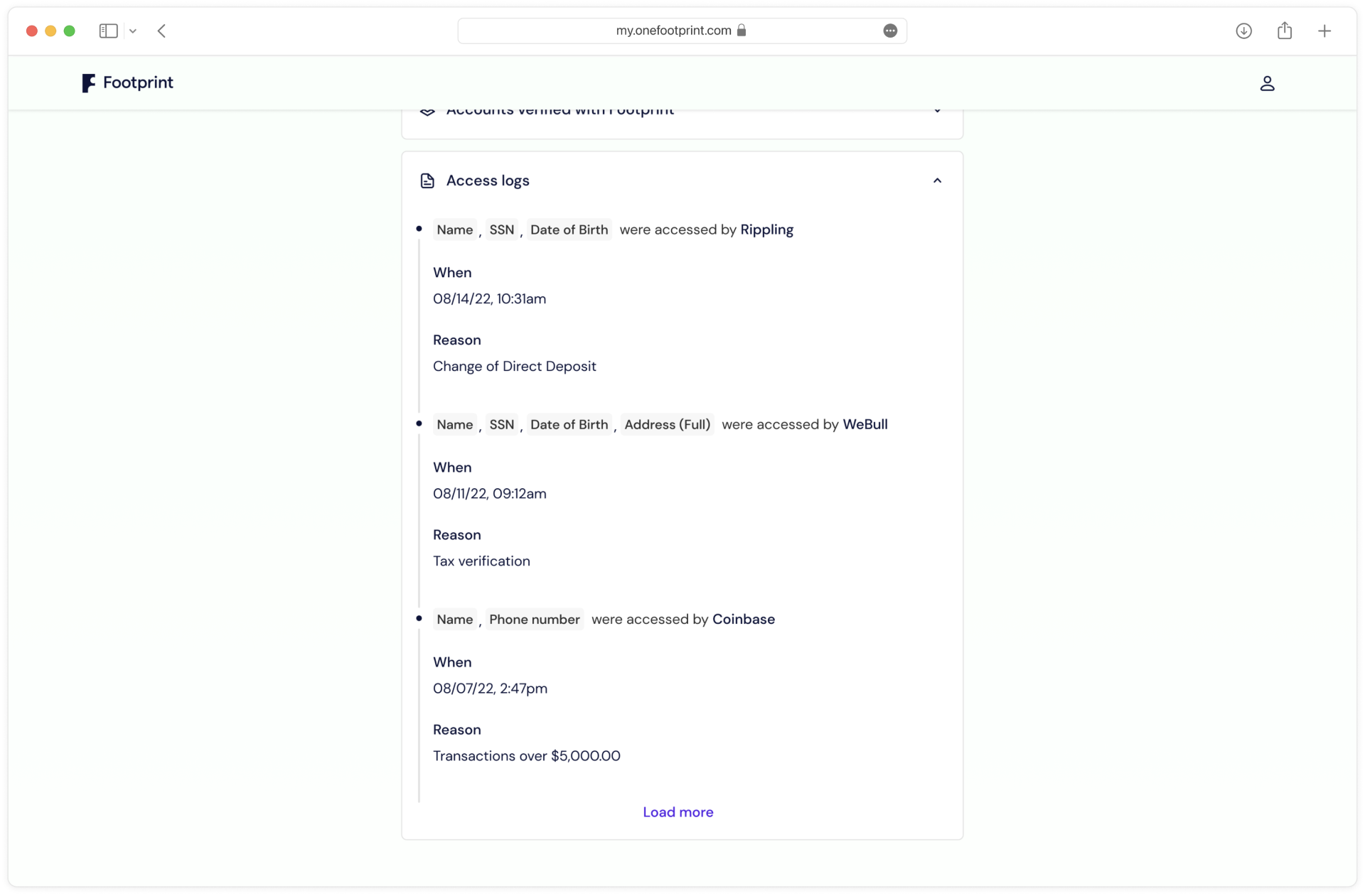
We want to remove toggles that were thought of as immutable on the internet. For too long, there has been a trade-off between a desire to create an account and the need to fork over personal data. By solving this trade-off and letting users securely onboard while remaining in control of their data, we let companies convert more people at sign-up, and allow for people to participate in more of a powerful digital ecosystem.

